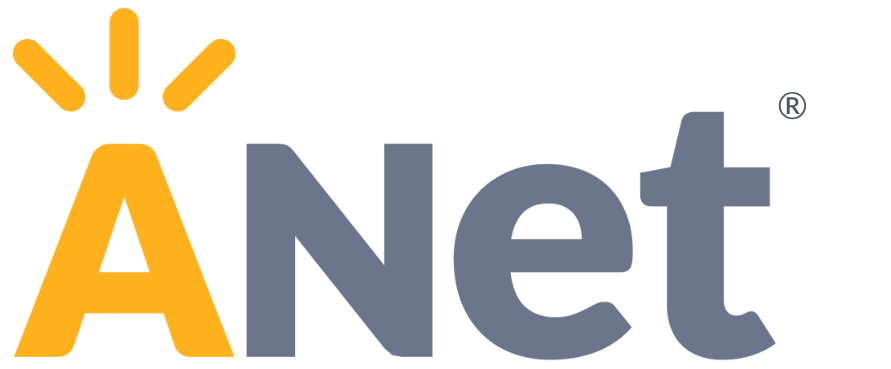When you hear the words “education” and “equity,” you might think of studying the civil rights movement in social studies or reading To Kill a Mockingbird in ELA. But the true test of an equitable education is whether students—regardless of their race, income, or where they live—are well prepared for life, college, and career. If we want opportunity for all students, our teaching has to be equitable, too—even in math.
In an interview with ANet, Kimberly Phillips, principal of University Prep Science and Math Elementary, describes how her school creates equity through rich math tasks. These are not repetitive, procedural tasks. Rich mathematical tasks engage students at various skill levels in many different ways. They encourage students both to apply their prior knowledge and to engage in creative problem-solving, which deepens their understanding.
“Not taking the position that, ‘This is too hard for my students. They don’t get it.’ They don’t get it yet. With your support, planning, and increasing our own knowledge of practice, we’ll definitely get there.”
—Kimberly Phillips, principal
That’s where equity comes in: the Standards for Mathematical Practice demand these kinds of experiences for all students, not just advantaged populations. We can’t teach only procedural skills to students who are behind. All students deserve to see themselves as math thinkers and problem-solvers. They deserve the same high expectations—and the powerful teaching that will help them reach that bar.
To help get you started, Illustrative Mathematics has tasks for many of the content standards.
“Lessons for [marginalized] students commonly focus primarily on rote skills and procedures, with scant attention to meaningful mathematics learning. ”
